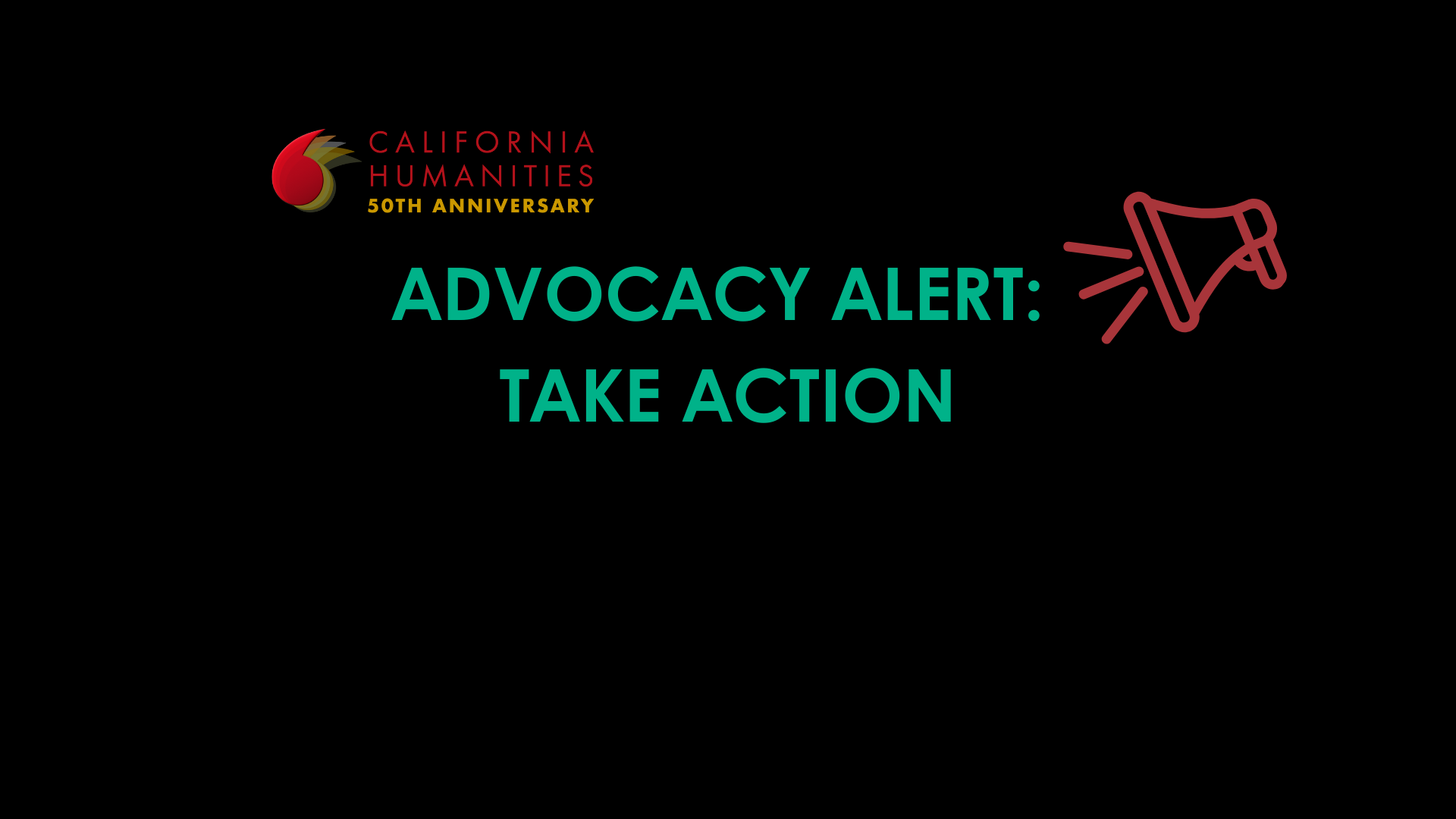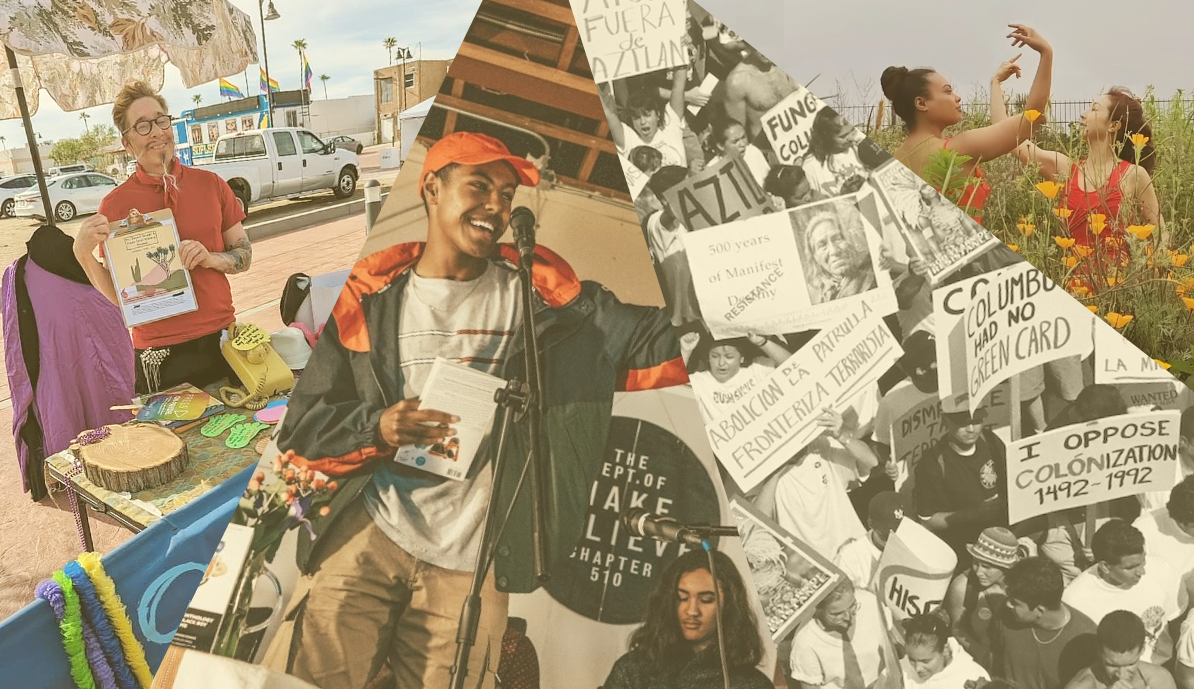After Congresswoman Gabrielle Giffords was shot in Tucson, pundits spent extensive time wringing their hands over the lack of civility in American political discourse.
After Congresswoman Gabrielle Giffords was shot in Tucson, pundits spent extensive time wringing their hands over the lack of civility in American political discourse. While some American elected officials have left political life because of its nastiness, historians say that American dialogue has long been uncivil, even during periods of great cohesion. And some studies suggest that hyper-partisanship is linked to greater participation in civic life. So exactly how important is civility to citizen engagement and effective democracy? Dean of the Goldman School of Public Policy at UC Berkeley Henry Brady, the Institute for Civility in Government’s Cassandra Dahnke, Arizona State University communications and performance scholar Jennifer Linde, and economist and anthropologist Meenakshi Chakraverti, who leads the Public Conversations Project in San Diego, visit Zócalo to discuss whether it’s better for democracy if Americans are cordial or fighting like cats and dogs.
This event was part of our Searching for Democracy initiative, and is produced in partnership with Zócalo Public Square. Click here to read the takeaway.




